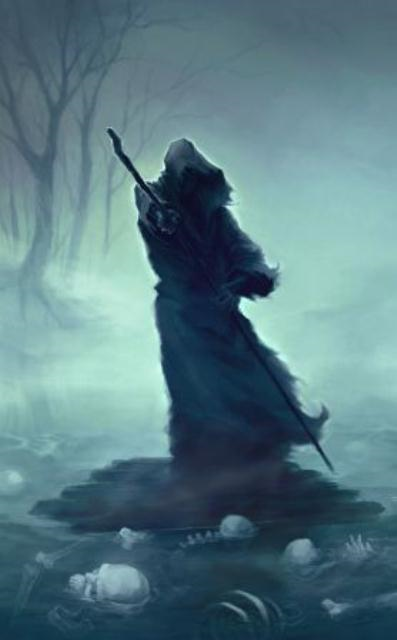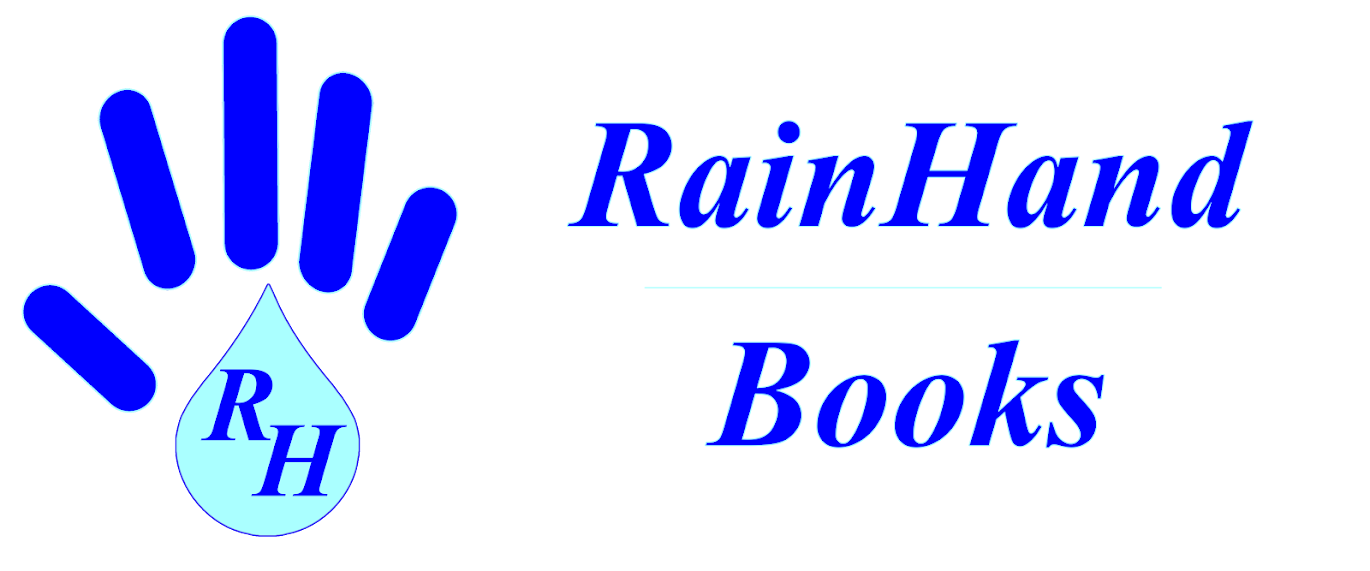Waxing nostalgic, I recently had cause to reminisce over writing experiences in my distant past. In elementary school we were given a marble notebook, and for half an hour every day, we were instructed to write.
"Write about what?" We asked.
We were told it didn't matter what we wrote, so long as we kept our pencils moving.
"What if I can't think of anything else to write?" One student would always voice the thought on many of our minds.
"Then write, 'I can't think of anything else to write'," Came the same response, every time.
I'm not certain what became of that notebook, but the last time I paged through the dubious handwriting and doodles of Teenage Mutant Ninja Turtles in the margins, I can say I cannot recall never having anything else to write. Little did we realize what our instructor was trying to instill in us. I wrote stories. I wrote about my day. I had conversations with the doodles in the margins, or drew word bubbles to give voice to their comments on my piece for the morning. Time slowed until the notebooks were opened, then it sped along at a frustrating pace, rocketing towards English or math class on the heels of an inevitably (and regretfully) unfinished sentence. A month later when I was asked to write a three page work of fiction about anything I wanted, I never found myself staring blankly at the wide-ruled looseleaf, wondering if somebody had substituted in legal-sized paper just to mess with me. All the material was already right there waiting for me.
Today I cannot tell you what I wrote about, but I can tell you about the experience. This was my first lesson in 'stream of consciousness' writing; a technique I still use today and wholeheartedly recommend to others. Whether it be journalism, storytelling, or technical drafting, at some time or another one is always presented with the conundrum - 'I can't think of anything else to write.' What to do?
Keep writing, I say. Grab a blank sheet of paper and scribble down whatever you're thinking right now, whether it seems relevant to your project or not. Ever start thinking about how your mind arrived at a commercial jingle from thirty years ago when you were only thinking about what you had for dinner last night? Move your pen the way your semi-conscious mind moves, like the guy behind the curtain operating the stage rigging. You've seen him and you know he's there, but you don't actively acknowledge his contribution to the play. Glance at a billboard, write a word from it, and see where your mind goes. Need a story? Need a plan? Grab that notebook out of your back pocket (you DO have a notebook in your back pocket for sudden muse attacks, don't you writer?) and jot any random thing down. Move your hand for ten minutes, then look back over the amorphous mass of words you just disgorged and see what you now have to work with. Never a writer was blocked who writes.
In short - when it doubt, just write.
 I'm pleased to announce that Charon Coin Press has chosen to feature my work as part of their upcoming horror anthology Paying the Ferryman!
I'm pleased to announce that Charon Coin Press has chosen to feature my work as part of their upcoming horror anthology Paying the Ferryman!
